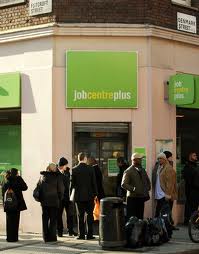News
UK records largest annual fall in unemployment since 1988

Unemployment in the UK fell by 146,000 to 2.02 million in the three months to July, according to the Office for National Statistics (ONS).
This figure is 468,000 less than one year ago, representing the largest annual fall in unemployment since 1988.
The unemployment rate now stands at 6.2 per cent, the lowest since late 2008.
Average pay including bonuses for the quarter was 0.6 per cent higher than a year earlier. Pay excluding bonuses grew by 0.7 per cent.
Ben Brettell, senior economist at Hargreaves Lansdown, said: “The lack of wage growth is the thorn in the side of an otherwise fairly robust recovrey. Productivity – or lack of it – is the key to understanding this problem: weakness in wage growth reflects very subdued productivity growth, which has been hamstrung by a lack of capital investment.
“Wage increases which are not backed up by increased productivity simply result in price inflation and therefore no real wage growth; over the long term improvements in productivity are the only source of improving living standards.”
According to Brettell the Bank of England is under no pressure to raise interest rates following today’s wage growth figures.
He explained: “With consumer price index inflation at a five-year low, and set to remain signficantly below target well into 2015, I still beleive the first move won’t come until after next years election.”